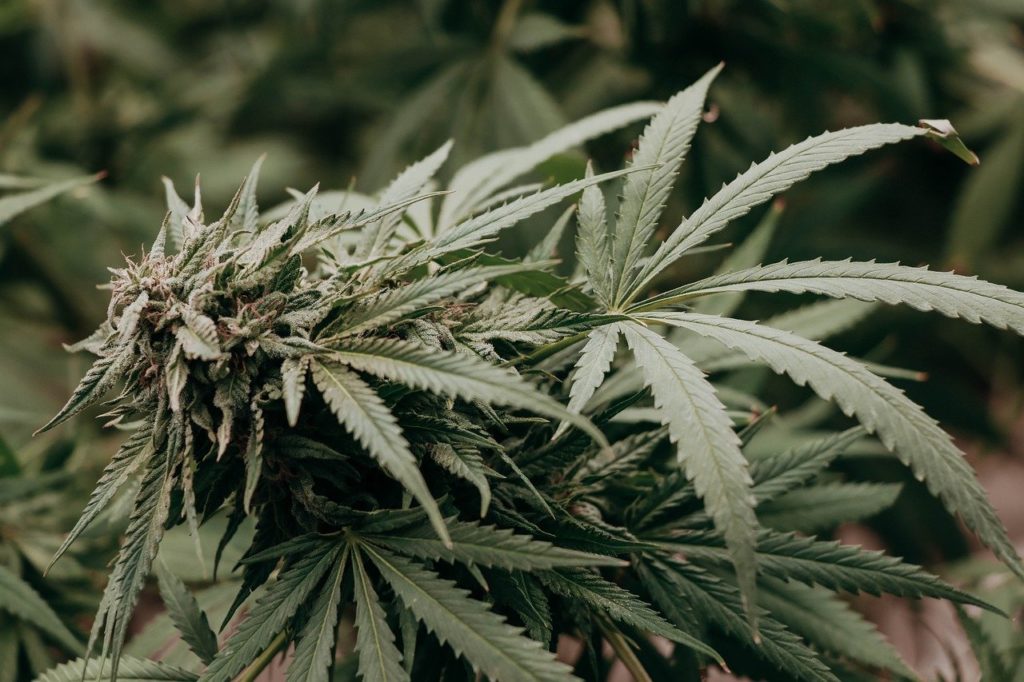Morocco is one of the world’s largest exporters of cannabis resin, according to the 2021 World Drug Report published by the United Nations Office on Drugs and Crime (UNODC). This is despite a shrinking land area used in its cultivation. Morocco also leads the African continent for cannabis consumption, with a rate of 5% of the population, followed by Tunisia and Egypt with 2.5% each.
Cannabis in Morocco: A Future Major Exporter of Green Gold?


Morocco is among the Top 10 countries seizing the largest quantities of cannabis in the world in 2019. This is revealed by the 2021 World Drug Report published by the United Nations Office on Drugs and Crime (UNODC), on the occasion of the International Day against Drug Abuse and Trafficking, celebrated on June 26. “The largest quantities of cannabis resin (totaling 1,395 tons) were seized by Spain, followed by Morocco, Afghanistan, Pakistan, and the Islamic Republic of Iran,” the document said.
But this isn’t the only report on cannabis. New announcements are coming every day. Don’t miss a single one: download the Hemp.im cannabis news app.
Decreasing Cannabis Production Area, but Morocco Still in Top-Ten
According to UNODC, “if we consider a longer period (2009-2019), the countries seizing the largest total quantities were, in order of the quantities seized, the United States, Mexico, Paraguay, Colombia, Nigeria, Morocco, Brazil, India, and Egypt ”. There was 21,000 ha dedicated to the cultivation of cannabis in Morocco in 2019, mainly cultivated in the Rif region, against 25,000 ha in 2018, according to the report, which cites official statistics from the Moroccan government. Despite this decrease in production areas, Morocco remains, along with Afghanistan, one of the largest exporters of this plant.
“It appears that Moroccan cannabis resin mainly supplies other markets in North Africa and Western and Central Europe. A portion is also sent to Eastern Europe and South-Eastern Europe,” underlines the report, not without specifying that the major part of this quantity bound for the European markets is dispatched in Spain, in France and in the countries.
Economic Potential for Morocco
These markets also figure prominently in Morocco’s strategy for the export of cannabis for medical and therapeutic use. During the presentation of the synthesis of feasibility studies on the legalization of cannabis, its economic potential, and the assets of Morocco, Tuesday, May 4, before the House of Representatives, the Ministry of the Interior announced that Spain, the Netherlands, the United Kingdom, and Germany, depending on their current legislation in this area, will be the priority markets for Moroccan “green gold”. Objective, with the ambition of annual cannabis revenues of 25 billion dollars per year in 2028. The Kingdom will also target those of France and Italy to reach 42 billion dirhams, he said.
UNODC has also screened the annual prevalence of cannabis use in Africa. Morocco leads with a rate of 5% in 2018, followed by Tunisia and Egypt with 2.5% each in 2016. At the continental level, the annual prevalence was estimated at 6.4% in 2019, among people aged 15 to 64, or 47 million consumers.
Cannabis Demand to Increse by 40% in Next 10 Years
According to the study, the number of cannabis and drug users is expected to increase by 40% over the next ten years, due to the demographic changes that will be experienced in several African countries. An increase of 11% is also expected at the global level by 2030, where there were 200 million consumers in 2019. In addition, the office reveals that global consumption has increased by 18% over the last decade.
Another observation, and not the least, is the increase in cannabis consumption during this health crisis in several countries around the world. The report states that 42% of healthcare professionals in 77 countries confirmed this. The cannabis and broader drug markets experienced temporary disruptions at the start of the pandemic, before adapting to changes in environment and circumstances, notes the UN body.
—
(Featured image by Lindsay Fox via Pixabay)
DISCLAIMER: This article was written by a third party contributor and does not reflect the opinion of Hemp.im, its management, staff or its associates. Please review our disclaimer for more information.
This article may include forward-looking statements. These forward-looking statements generally are identified by the words “believe,” “project,” “estimate,” “become,” “plan,” “will,” and similar expressions. These forward-looking statements involve known and unknown risks as well as uncertainties, including those discussed in the following cautionary statements and elsewhere in this article and on this site. Although the Company may believe that its expectations are based on reasonable assumptions, the actual results that the Company may achieve may differ materially from any forward-looking statements, which reflect the opinions of the management of the Company only as of the date hereof. Additionally, please make sure to read these important disclosures.
First published in Maroc Hebdo, a third-party contributor translated and adapted the article from the original. In case of discrepancy, the original will prevail.
Although we made reasonable efforts to provide accurate translations, some parts may be incorrect. Hemp.im assumes no responsibility for errors, omissions or ambiguities in the translations provided on this website. Any person or entity relying on translated content does so at their own risk. Hemp.im is not responsible for losses caused by such reliance on the accuracy or reliability of translated information. If you wish to report an error or inaccuracy in the translation, we encourage you to contact us.



Comments are closed for this post.